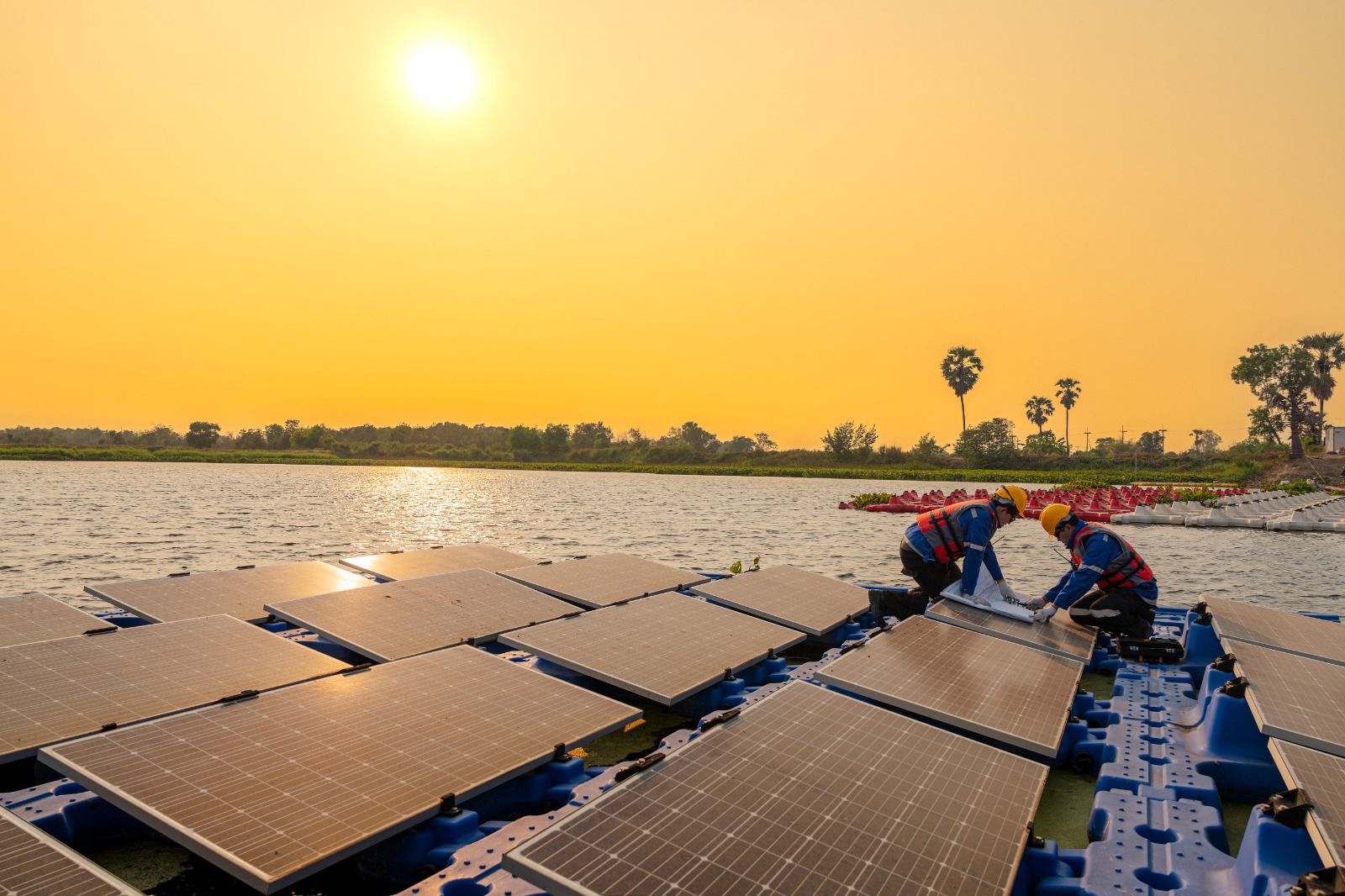CFA Pakistan to Support Seven New Climate Projects
September 25, 2024
Pakistan is one of the countries most vulnerable to changes in climate and among the most poorly prepared. But while the country cannot easily change its exposure to climate risks, climate preparedness is something it can address.
The Climate Finance Accelerator (CFA) program, a technical assistance program funded by the U.K. Department for Energy Security and Net Zero, works with the Government of Pakistan to identify low-carbon projects with investment potential.

CFA has already assisted 15 low-carbon projects in Pakistan. It will now provide seven new projects with specialist support, including on financial issues and women’s economic empowerment, to help improve and attract investment from Pakistani and international financiers. The projects are:
- Go Energy—building a 500MW floating solar project in Keenjhar Lake to generate clean energy, create thousands of jobs, and boost regional economic growth while reducing fossil fuel dependence and improving air quality.
- Ahya—offering an AI-powered emission measurement and reduction platform with a digital carbon marketplace, aiming to reduce CO2 emissions significantly.
- Quintech Sciences—expanding its line of eco-friendly bio-detergents made from fermented vinegar, with plans for expansion to Europe.
- National Rural Support Programme—converting agricultural waste into biochar, enhancing soil health, and boosting crop yields, which reduces reliance on synthetic fertilizers, sequesters carbon, and lowers greenhouse gas emissions.
- Vlektra—enhancing the production capacity of its zero-emission electric motorcycles.
- Pakistan Environment Trust—transforming agricultural waste into a clean energy source for industries.
- Five Star Foods—establishing a state-of-the-art facility to recycle polyethylene terephthalate (R-PET) resin, which reduces the need for virgin plastic, conserves natural resources, and lowers the carbon footprint of plastic production.
The key is to adapt to and mitigate climate risks, avoiding investments with a carbon “lock-in” or emissions-intensive assets and processes that will continue operating when lower-carbon options become available, explained Arsalan Ali Faheem, DAI’s Pakistan Country Director. “To this effect,” he said, “CFA’s work closely aligns with Pakistan’s climate plans, coordinating with the relevant agencies and seeking a concerted effort in facilitating a low-carbon transition of the economy.”
RELATED CONTENT:
White Paper Released on Project that Connected 67,000 Rural Cambodians to Clean Water
A recent story in the Developments newsletter struck a chord throughout DAI and beyond.
Read More